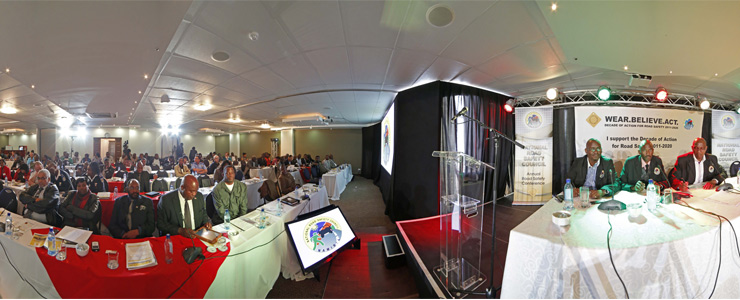On the basis of the Swakopmund Court ruling of 2003, the State applied for leave to appeal against the decision of the Regional Magistrate of Swakopmund in terms of Section 310 (1) of the Criminal Procedure Act 51 of 1977, as amended.
The appeal was filed against the decision of the Regional Magistrate declaring GN 100 of 2003, published in terms of Section 82 (7) of the Road Traffic and Transport Act, 1999 [Act 22 of 1999] ultra vires the Road Traffic and Transport Act, 1999. In the ruling by Acting Judge Ndou in State v Heathcote (CC 24/2013) [2013] NAHCMD 195 (12 JULY 2013)), the usage of the Evidential Alcohol Breath Testing Device (Dragger MK 7110), commonly known as the breathalyzer, as a means of providing breath evidence in court was discontinued, thus prompting authorities to solely rely on blood evidential process in their law enforcement campaigns on driving under the influence of alcohol.
As you may be aware, this process is rather cumbersome and has put law enforcement in a ‘reverse gear'.
Pursuant to our 5th Annual Road Safety Conference held in October this year, the National Road Safety Council has spearheaded the process of reintroducing the said device. We are proud to announce that in compliance with the High Court ruling, the device was reintroduced and published on Tuesday, 01 December 2015 in the Government Gazette Number 5892.
With this instrument in place, the process of getting drunk drivers to account for their actions will be efficient and shorter. The National Road Safety is spearheading the establishment of dedicated traffic courts country-wide and it is certainly important to inform that the first-ever traffic court will commence adjudication of traffic offenses soon in the City of Windhoek. The necessary support as may be required to have the Windhoek court fully operational will be provided by the NRSC, funds permitting.




